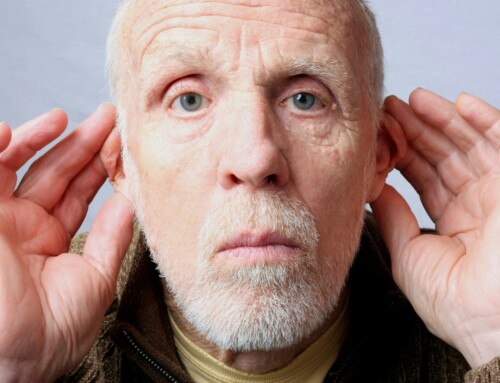Every person can expect to experience a range of changes related to growing older. While perfectly natural, these changes often disrupt an individual’s routine. Sleeping habits is one of those areas that can be significantly affected by aging, as many older people sleep less over the years. Do seniors need less sleep because their circadian rhythm has changed?
If you are wondering if the senior in your life requires less sleep, or if they need to fix their issues with too little sleep, this article will help to further your understanding.

What is the Circadian Rhythm?
The circadian rhythm is the internal clock that gives the body the ability to achieve a regulated sleep/wake pattern. Stated simply, the circadian rhythm is in charge of when you wake up and when you fall asleep. The circadian rhythm follows sunlight; during the day, the human body knows it’s time to be awake due to the natural light. The body’s internal and external stimuli send signals for when it is time to be awake and active – and when it is time to rest. However, many things can influence someone’s circadian rhythm, throwing off the natural cycle of light and dark. This is most readily seen in people who experience jet lag or work late night shifts. Light emanating from electronic devices after dark can cause your biological clock to be knocked out of sync, as it can emulate the outdoor light that tells our bodies to remain awake.
Do We Sleep Less with Age?
When a person is approximately 60 to 65, circadian rhythms begin to take place earlier in the day. This shift is known as “phase advance” and causes senior adults to perform mental tasks more efficiently in the morning. They also become drowsy earlier in the evening than in the past. These changes happen gradually over months and years, with someone’s circadian rhythm shifting by approximately 30 minutes every 10 years after middle age. It’s also worth mentioning that if a senior adult doesn’t sleep within their shifted circadian rhythm time frame, it can result in restlessness and interrupted sleep.
Scientists don’t understand completely why the circadian rhythm shifts as people age, but biological and environmental factors are suspected.
Sleeping Habits as You Grow Older
When it comes to quality sleep, senior adults generally experience more light sleep and less deep or rapid eye movement (REM) sleep. Light sleep does not provide as much rest to the body as deeper forms of sleep, which is why it can be common for seniors to wake up many times overnight. It’s also normal for older adults to fall asleep more easily and wake up more quickly than younger people.
Typically, seniors get less sleep than their younger counterparts, often sleeping between six and seven hours per night. However, that length of time is much less than of the recommended amount of seven to nine hours of sleep per night.
Achieving a Good Night’s Sleep
Even if your circadian rhythm has changed, you can achieve a good night’s rest. Here are some ways to improve your habits as you age.
- Keep a routine bedtime schedule
- Do not nap in the late afternoon or early evening
- Utilize low lighting after sunset, and do not use a computer, tablet or cell phone in your bedroom before going to sleep
- Avoid caffeine and large meals later in the evening
Come Join our Community
At A Banyan Residence, we work to deliver professional and compassionate service and care. We’re dedicated to helping our senior residents to enjoy their ives to the fullest. Call today to learn more and schedule an appointment and tour.






